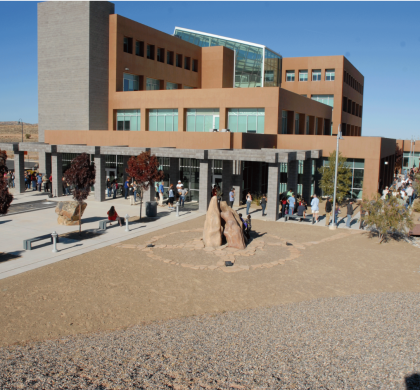The City of Rio Rancho expects to receive $2,135,000 from the U.S. Army Corps of Engineers in the coming months, a partial reimbursement for $6 million outstanding to the city for meeting federal arsenic treatment requirements for the municipal water system.
The funding is included in the corps’ recently released fiscal year 2016 work plan.
“I am excited by the progress that has been made on this issue,” Mayor Gregg Hull said in a news release. “Although more work remains, this is a giant step forward on one of the major issues I have focused on since taking office. Obtaining the remainder of the outstanding reimbursement amount will be a priority for me during my term.”
The first reimbursement request for $2 million was made in 2008. A total of $350,000 was remitted by the corps in 2009. Subsequent requests were submitted with no payment due to lack of appropriations by Congress and/or lack of funds allocated by the agency.
The mayor and Assistant City Manager Peter Wells visited the nation’s capital last March for face-to-face meetings with the Army Corps of Engineers’ staff and New Mexico congressional delegation about the issue.
“I want to specifically acknowledge and thank U.S. Sen. Tom Udall, U.S. Sen. Martin Heinrich, U.S. Rep. Ben Ray Lujan, Lt. Col. Patrick Dagon and Deputy Engineer John D’Antonio with the USACE Albuquerque District Office, the city’s federal lobbyist, Van Scoyoc Associates Inc. and city staff,” Hull said. “Without their work, Rio Rancho would not be the beneficiary of this funding.”
Hull also acknowledged District 2 City Councilor Dawnn Robinson and members of the city council.
The reimbursement payment will go into the city’s water/wastewater fund. The city can use it to help with water/wastewater projects that need to be undertaken, the news release said.
Udall, Heinrich and Luján said they were pleased.
“This $2.1 million is a good first step that will allow the city to move forward with other much needed projects to strengthen and revitalize the community,” Luján said.


Recent Comments